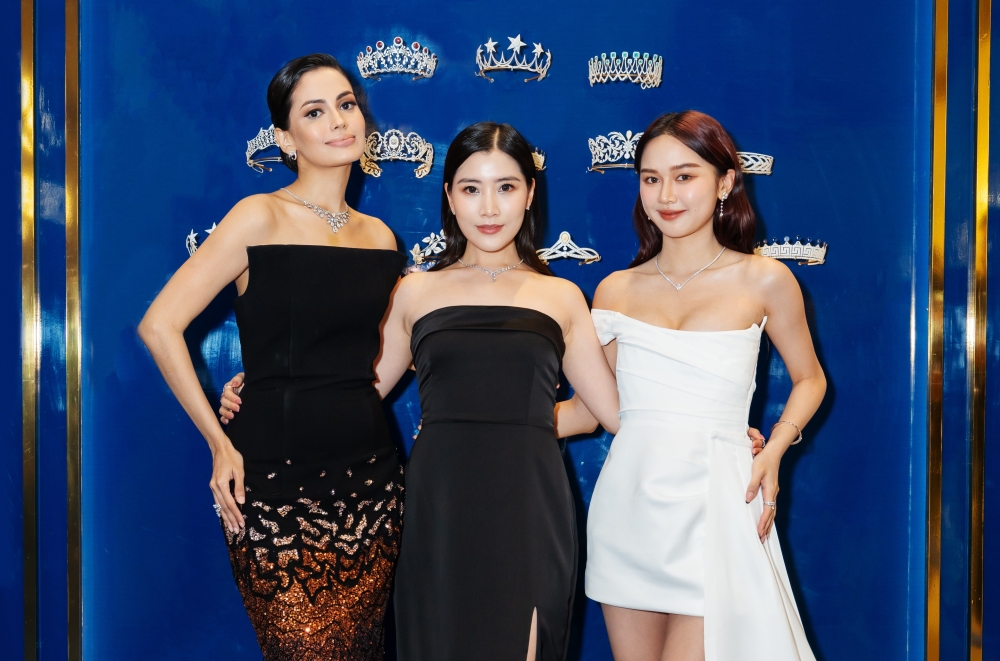The Ninth Nishan Forum on World Civilizations kicked off in Qufu City, east China’s Shandong Province on September 27th. On the same day, the Nishan Interview with Diplomatic Envoys and International Scholars took place, where diplomatic envoys and international scholars from countries such as Colombia, Zimbabwe, and Greece engaged in dialogues and exchanges focusing on the topic of “Exchange and Mutual Learning Among Civilizations and the Building of a Human Community with a Shared Future.” Participants called for respecting the diversity of world civilizations and deepening exchanges and cooperation during the event.

The scene of Nishan Interview with Diplomatic Envoys and International Scholars.
“Colombia, a nation of rich cultural diversity and vibrant traditions, boasts a time-honored history,” stated Jose Francisco Diaz, Minister Counselor of the Embassy of Colombia in China. Diaz underscored the significance of equal dialogue and mutual respect in cultural exchanges and mutual learning between nations. He further proposed that Colombia and China bolster their collaboration in diverse sectors, encompassing industry, agriculture, education and tourism. Citing the Chinese ceramics found in the archaeology of the Great Zimbabwe site as an example, Garikai Kashitiku, counselor at the Embassy of the Republic of Zimbabwe in China, said that the archaeological discovery confirms that the cultural exchanges between Zimbabwe and China can be traced back to the ancient Silk Road. In view of the similarities between Zimbabwean and Chinese cultures, he suggested fostering profound dialogues and extensive exchanges between the two nations, delving into the interplay between culture and economic development as well as the role of culture in environmental conservation.

The scene of Nishan Interview with Diplomatic Envoys and International Scholars.
As per Professor Helwig Schmidt-Glintzer, a professor at the University of Tübingen in Germany, the spread and development of Confucianism stands as a noteworthy contribution to the advancement of human civilization, and plays a pivotal role in fostering cultural prosperity and nurturing friendly exchanges among diverse cultures. “Looking ahead, I envision a future where we collaborate in building a community with a shared future for mankind while drawing wisdom from historical lessons and the teachings of ancient sages,” he stated.
A photo of Helwig Schmidt-Glintzer, Vice President of the International Confucian Association, President of German Association of Chinese Studies, and Senior Professor at University of Tübingen, Germany.
Demetra Sfendoni-Mentzou, a professor at the Aristotle University of Thessaloniki in Greece, asserts that the philosophy of Aristotle is similar to that of Confucius in that both philosophers have integrated virtues into politics, recognizing them as essential prerequisites for the education of individuals and the guidance of citizens towards making constructive contributions to society. She called for nations to grasp each other’s diverse perspectives and ideas, and seek mutually suitable conclusions for cooperation through exchanges.

Fan Lei, an associate professor at the School of Politics and Public Administration of Shandong Youth University of Political Science, engaged in the Q&A session.
“The ancient Egyptians excelled in the realms of science and literature. Delving into the cultural heritage of ancient Egypt, you will discover significant advancements across various domains,” said Mohsen Mohamed, vice dean of the Faculty of Archaeology at Cairo University in Egypt. Drawing parallels between Egypt and China as two ancient civilizations, akin to two sides of the same coin, he highlighted their shared ideas and values, and expressed aspirations for cooperation and exchanges between the two countries across various fields to foster harmonious development.








